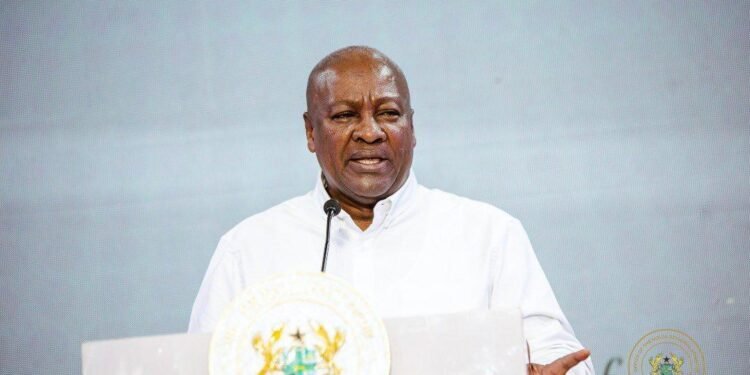Ghana faces a major headwind as the country, which is one of the top gold producing nations is likely to lose up to $100 million in gold exports by the end of April 2023.
This comes as the Bank of Ghana is unable to provide guaranteed funding to the Precious Minerals Marketing Company (PMMC) to acquire gold from licensed small-scale miners.
The introduction of the ‘Gold for Oil’ policy in January 2023 has created a complex situation for the Ghanaian gold industry. While the policy was aimed at helping to stabilize the country’s economy by reducing the nation’s dependence on imported oil using forex, it has had unintended consequences for the gold market.
Prior to the introduction of the policy, artisanal and small-scale miners produced an average of 2,000 kilograms of gold every month valued at approximately $120 million. However, since the PMMC used to buy an average of 2,000 kilograms of gold every month and has not been able to purchase gold since the beginning of this month, Ghana is now set to lose a significant portion of its monthly revenue from gold exports.
Concern Over the Situation
The Chief Executive Officer of the Chamber of Bullion Traders, Dan Krampah, expressed concern over the situation.
“We will lose about $100m because the official channel through which gold will be sold, that is PMMC, is not on the market now. And instead of establishing offices in almost all the regions in which small-scale miners operate…they have offices only in Kumasi and Tarkwa. It will be difficult for miners to travel long distances with gold to come and sell in Kumasi.”
Dan Krampah
Moreover, the licensed gold exporters are unable to export the mineral because they have been barred from buying and exporting the commodity. This situation has left the industry in disarray, with the Chamber of Bullion Traders unable to buy and export gold. As a result, the organization has had to lay off some employees.
The government, meanwhile, assured the industry that the PMMC would be given funds by the Bank of Ghana to pre-finance the purchase of gold, which is at 2.0 tons per month. Therefore, industry players have been expecting that this quantity and that amount would be readily available for licensed gold exporters to buy gold for export.
However, the exporters are prevented from buying because the policy is that, now, no licensed gold exporter should export gold. This situation leaves the industry in an unprecedented crisis.
The impact of this situation is significant. Ghana is a major player in the global gold market and any disruption to its gold production will have an impact on the wider industry. Additionally, the loss of revenue will impact the Ghanaian economy, which is already facing challenges due to the impact of the COVID-19 pandemic.
It Is important that the government takes swift action to address this crisis. The Bank of Ghana must provide guaranteed funding to the PMMC to ensure that it can purchase gold from small-scale miners. Additionally, the government must work with industry players to find a solution that allows licensed gold exporters to export the commodity.
The ‘Gold for Oil’ policy has had unintended consequences for the Ghanaian gold industry. The lack of funding for the PMMC and the inability of licensed gold exporters to buy and export gold has left the industry in disarray. The government must take swift action to address this crisis and prevent any further damage to the Ghanaian economy.
READ ALSO: Zelenskyy And Xi Speak For The First Time Since Russia’s Invasion























